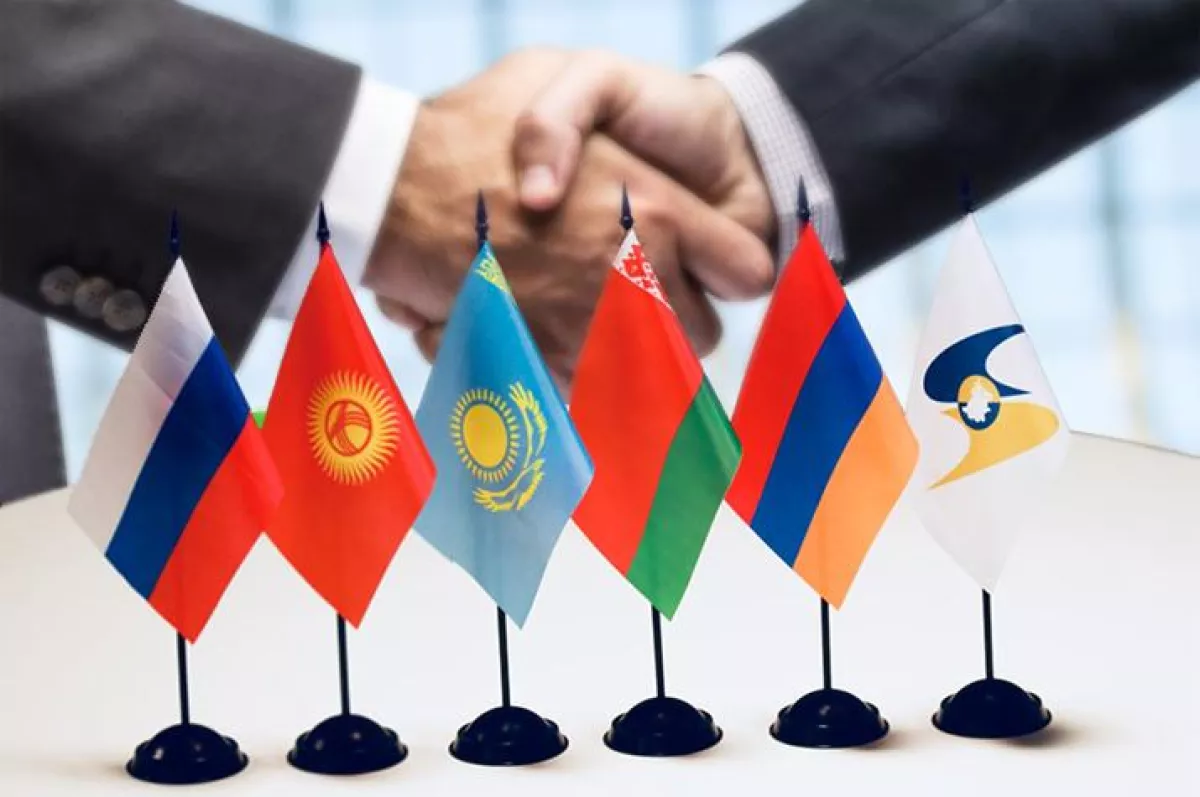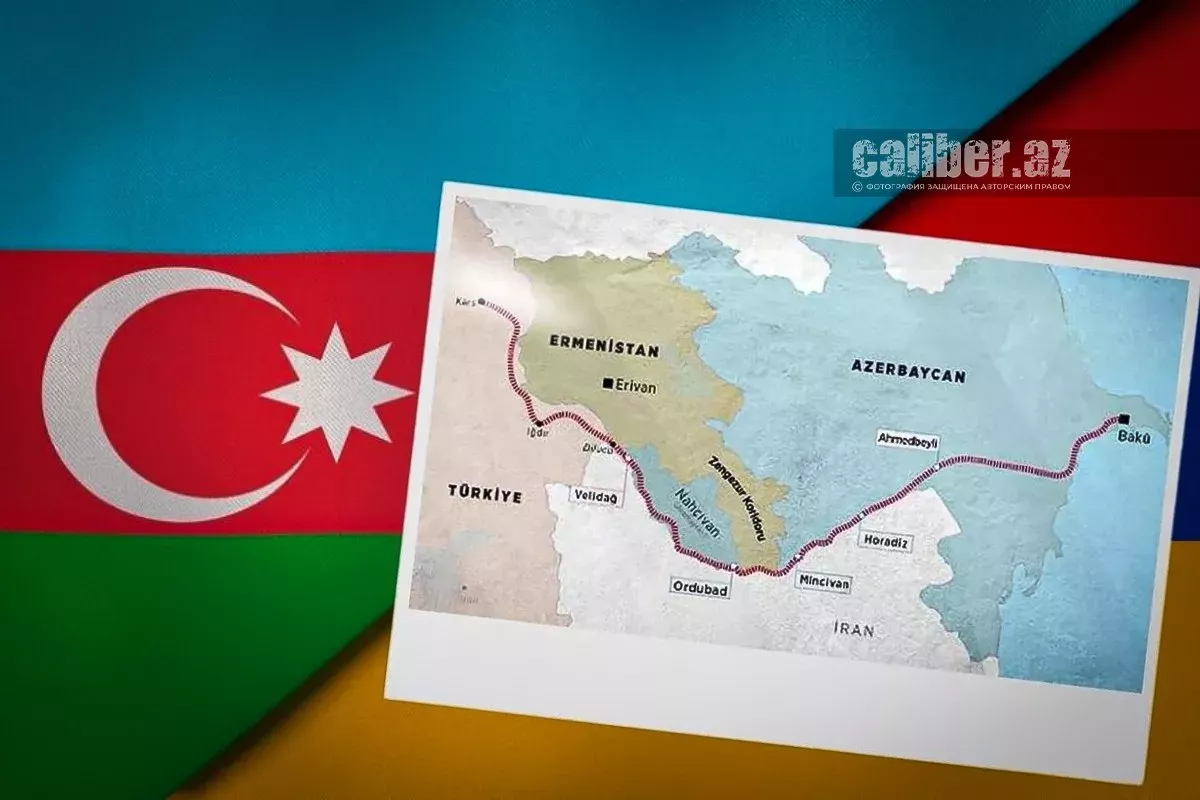Russian metamorphoses Moscow adjusts tone ahead of Pashinyan visit
Friday, August 15, was marked by a series of significant events. Chief among them was, of course, the meeting between US President Donald Trump and Russian President Vladimir Putin in Alaska, which naturally dominated the front pages of the world’s media, pushing other important developments into the background – though they too deserve attention.
Yesterday, in the Kyrgyz city of Cholpon-Ata, the 43rd meeting of the Eurasian Intergovernmental Council of the Eurasian Economic Union (EAEU) concluded its work. The event was attended by the heads of government of almost all member states of the organisation, with the exception of Armenian Prime Minister Nikol Pashinyan. Armenia was represented at the summit by Deputy Prime Minister Mher Grigoryan.
Pashinyan’s absence was explained by the fact that he is on holiday, according to his press secretary, Nazeli Baghdasaryan.
“Nikol Pashinyan will not take part in the meeting of the Eurasian Intergovernmental Council of the EAEU countries because he is on holiday,” she stated.

This is not the first time Pashinyan has, for one reason or another, declined to attend various EAEU and CSTO events. For example, last month he skipped the Eurasian Economic Forum in Minsk.
It is possible that the Armenian prime minister is seeking to demonstrate that events held under Russian auspices are not a priority for him. Be that as it may, we will not dwell on this point, as our interest in the event lies elsewhere.
Yesterday, almost simultaneously with the meeting of the Eurasian Intergovernmental Council, Russian and Armenian media circulated a statement by Russian Deputy Prime Minister Alexei Overchuk, in which he declared that “Russia supports Armenia in its plans to establish a transport corridor with Azerbaijan, called the ‘Trump Route’, if Yerevan considers it necessary.”
His words came like a bolt from the blue – as the agreement reached on August 8 in Washington to create TRIPP, enshrined in the Joint Declaration signed by the leaders of Azerbaijan, Armenia and the United States, had sparked a veritable storm of outrage in Russia. This at times extended to personal insults against Pashinyan, accusing him of “voluntarily surrendering everything for which many generations of Armenians had long fought, simply because his Western masters wished it,” and of “selling Armenia wholesale and retail.”
Now comes such a dramatic shift in Moscow’s position and rhetoric regarding the Zangezur Corridor. It would seem unlikely that this is a mere coincidence. Taking into account the timing, one might suppose that, on the sidelines of the 43rd EAEU Intergovernmental Council meeting, the Armenian deputy prime minister managed to speak privately with Mikhail Mishustin. It is quite possible that in the course of this conversation, Mher Grigoryan succeeded in convincing the Russian prime minister that the ‘Trump Route’ is not directed against Russia, but, on the contrary, not only takes its interests into account but offers certain benefits.

In doing so, he would have echoed Pashinyan’s earlier remarks in an interview with Fox News, in which the Armenian prime minister said the declaration offered tangible benefits for both Iran and Russia. Pashinyan noted that, once the agreements were implemented, Iran would be able to access the Black Sea by rail from the Persian Gulf, while Russia and Iran would gain the possibility of a direct rail link.
This, we believe, explains the change in the Russian position regarding the ‘Trump Route’ and the invitation for Pashinyan to visit Moscow in the near future.
"Nikol Vovayevich was in Russia two weeks ago, and we expect to host him again in Russia in the near future," Overchuk told journalists.
In light of this significant shift in mood on the Russian track, we dare to hope that, during his visit to Moscow, the Armenian prime minister will be able to allay any remaining Kremlin concerns about TRIPP, using as his trump card sound pragmatism and the prospect of future dividends. For, as is well known, behind the curtain of any political ambition lies an economic factor.








